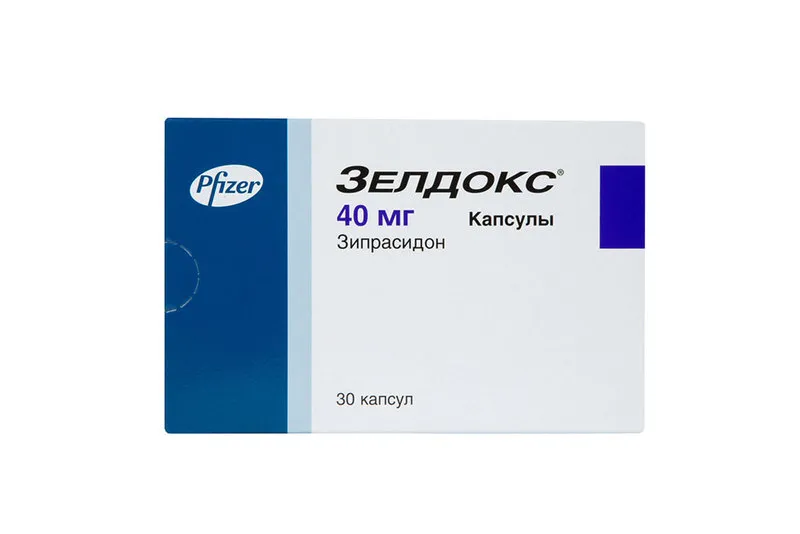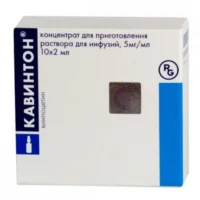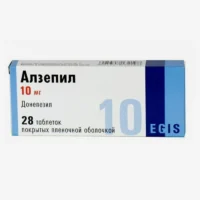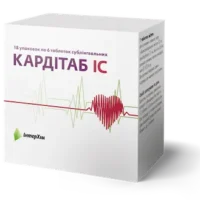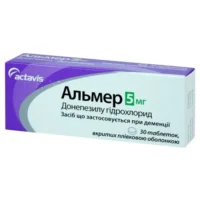Description
Zeldox (Ziprasidone) Capsules 40 mg. №28
Ingredients
- Active ingredient: Ziprasidone hydrochloride
- Inactive ingredients: Lactose monohydrate, pregelatinized starch, magnesium stearate
Dosage
Recommended dosage: The usual starting dose is 20 mg twice daily. Dosage may be increased to 40-80 mg twice daily.
Indications
Zeldox (Ziprasidone) capsules are indicated for the treatment of schizophrenia and bipolar disorder.
Contraindications
Do not use Zeldox (Ziprasidone) capsules if:
- Allergic to ziprasidone
- Have a history of QT prolongation
- Are taking certain medications
Directions
Take Zeldox (Ziprasidone) capsules as directed by a healthcare provider. Swallow the capsules whole with food. Do not crush or chew the capsules.
Scientific Evidence
Studies have shown that ziprasidone is effective in the treatment of schizophrenia and bipolar disorder. Research published in the Journal of Clinical Psychopharmacology demonstrated the efficacy of ziprasidone in managing acute manic or mixed episodes associated with bipolar disorder.
Additional Information
It is important to follow the prescribed dosage and schedule when taking Zeldox (Ziprasidone) capsules. Contact a healthcare provider if any side effects or concerns arise during treatment.
Ziprasidone, the active ingredient in Zeldox, acts as an antagonist at several neurotransmitter receptors in the brain, including dopamine and serotonin receptors. This mechanism of action helps to regulate the imbalance of neurotransmitters associated with schizophrenia and bipolar disorder.
Clinical trials have shown that Zeldox (Ziprasidone) has a favorable side effect profile compared to other antipsychotic medications. A study published in the Journal of Clinical Psychiatry found that ziprasidone was well-tolerated and effective in treating acute exacerbation of schizophrenia.

